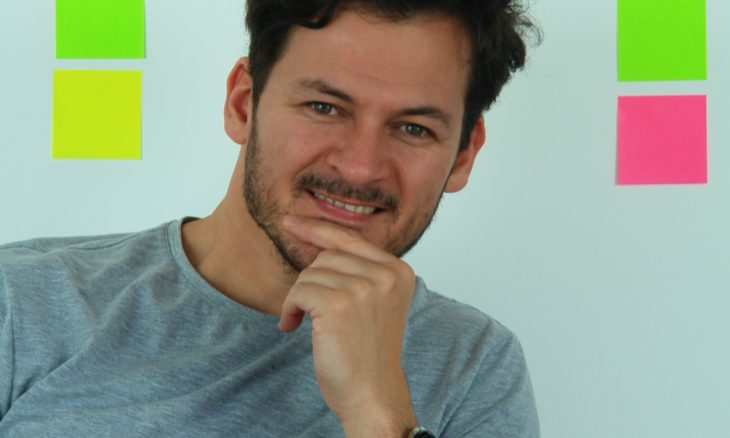I was teaching B2B digital marketing to master’s degree students at San Andres University in Buenos Aires again this summer. The students were pretty enthusiastic about the concepts and tactics I shared. So, I decided to look into what’s going on in B2B marketing in Argentina. Thanks to an introduction from the longtime agency pro and university instructor Freddy Rosales, I had the chance to meet Martin J. Frias, who filled me in. Here’s what I learned.
Ruth: How do B2B marketers in Argentina approach new customer prospecting these days?
Martin: Twenty years ago, we would buy databases from trade publications and data vendors, and use them to cold call, trying to reach senior executives. The problem in those days was getting past the gatekeepers.
Ruth: What has changed since then?
Martin: Three things. First, technology. Buyers now have anonymous access to product information. Sellers—even smaller brands—are using marketing automation like InfusionSoft, Marketo and a local provider called Doppler emBlue to conduct event-triggered campaigns. Second, inbound marketing, meaning content posted by sellers on LinkedIn and blogs. Third, a larger role for marketing, as active members of inside sales and lead qualification teams. But I must tell you, not all firms are moving toward this kind of modern marketing. Most are still doing the same old push email and events.
Ruth: So, what’s still missing?
Martin: A shared vision between sales and marketing about the entire demand generation and sales process. The two sides need to agree on what is a lead, how to define qualification, and identify the tools needed to operate—from marketing automation, to CRM, to ERP. In short, sales and marketing need to take joint responsibility for guiding the buying process.
Ruth: I am hearing that Whatsapp is a favorite tool here. Please explain.
Martin: Yes, Whatsapp offers an enterprise network tool that integrates with marketing automation, so you can manage omnichannel messaging via Whatsapp, Facebook, Instagram and others. But you have to be careful. It can backfire. Many business buyers consider Whatsapp an exclusively personal medium, and they resent receiving business communications through it. Also, I think businesses may worry that their targeted communications could fall into the hands of competitors, thanks to Whatsapp’s extraordinary ease of sharing.
Ruth: Are there any prospecting data sources available now?
Martin: You can buy data, or you can buy access. For example, there’s an IT community platform here with a half a million subscribers. Marketers generally don’t trust the databases that are for sale. At my agency, we use LinkedIn Sales Navigator, whereby we can contact 5 million Argentinean professionals, mostly those in middle management. We use LinkedIn’s Social Selling Index, company size, industry and title for segmentation, and we attract the targets with content.
Ruth: Is there a professional association for B2B marketers in Argentina?
Martin: No. I wish there were. There is a post-grad program in B2B marketing offered at ITBA, one of our leading engineering schools. The tech industry is really the leader in B2B marketing here. Other key industries, like oil and gas, manufacturing, and construction, are more interested in brand positioning and awareness, and less about lead generation. So, they focus on their websites, value propositions, sales collateral, trade shows and business events—like golf outings, and sponsoring sports events. They’re not using content, marketing automation and lead management.
Ruth: Please tell me about yourself and how you became active in B2B marketing here in Argentina.
Martin: I started at Oracle Hyperion, heading a lead generation team in the financial services area. Then I worked at several other firms. Now, I have a 15-person agency called Pragmativa. We offer full B2B demand generation services, including website design, search marketing, display advertising, content, social media and marketing automation. So, we’ll run a client’s prospecting, and manage their data. The one thing we don’t do, because I don’t believe in it, is cold-call telemarketing. Despite frequent requests from clients.
Ruth: Anything else you’d like to share?
Martin: Yes, I have a B2B marketing blog, in Spanish, and welcome followers.






